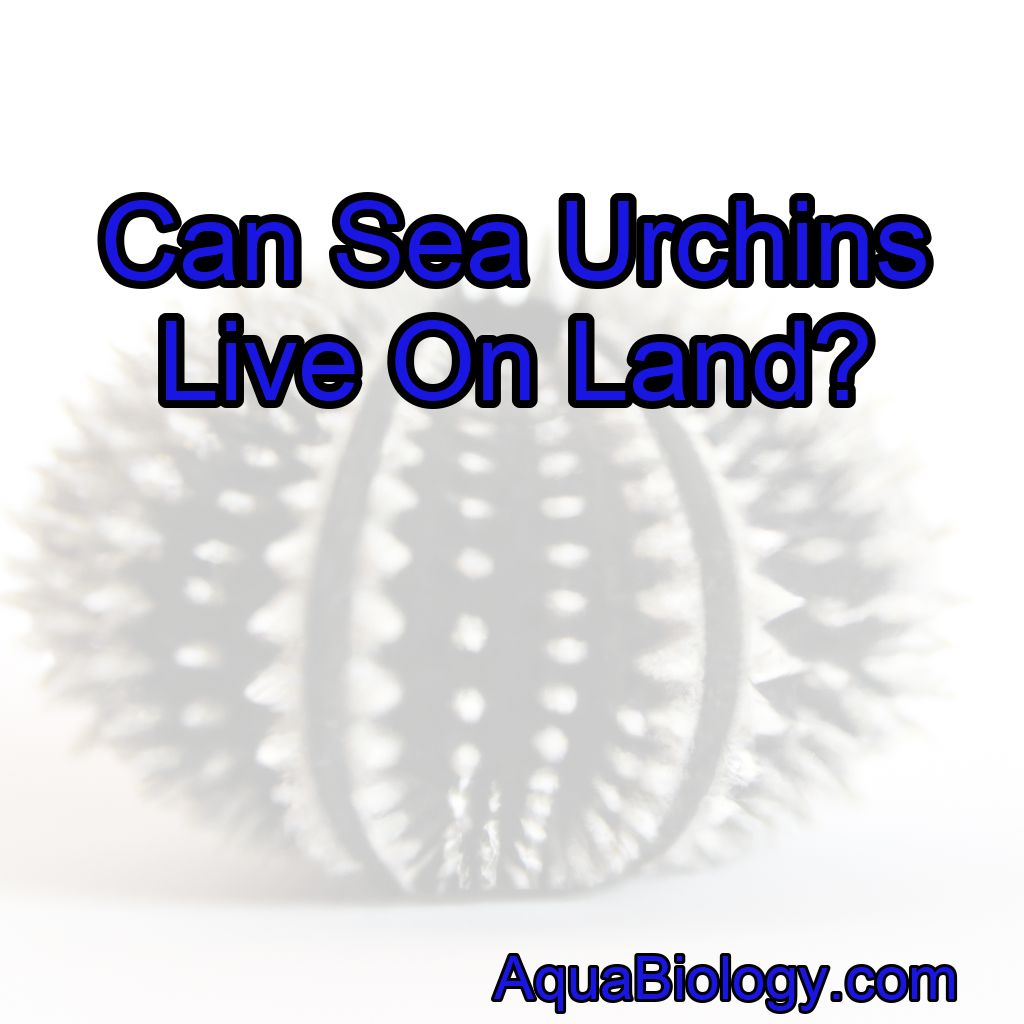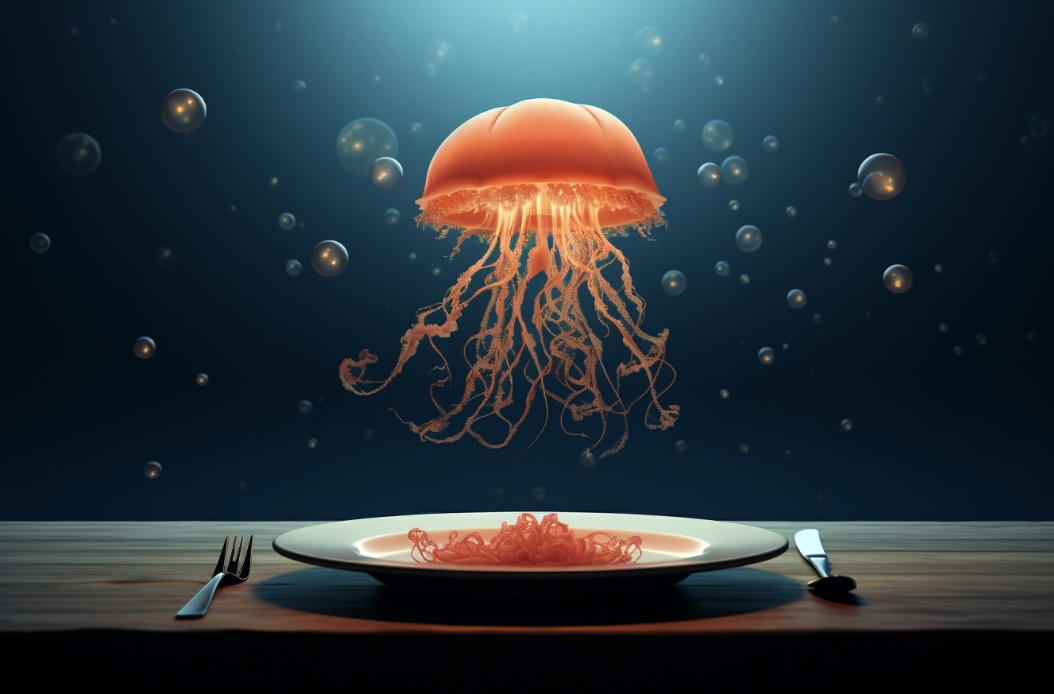Sea urchins are fascinating creatures that have captured the imagination of many, including mine. As a marine biologist, I have spent countless hours studying these enigmatic creatures and their intricate ecosystems.
No, sea urchins cannot live on land.
One question that often comes up is whether sea urchins can survive on land. In this blog post, I will explore the topic in detail and provide you with some fascinating insights into the world of sea urchins.
The Adaptability of Sea Urchins
Sea urchins are primarily known for their existence in the ocean, where they play crucial roles in marine ecosystems.
They are echinoderms, belonging to the same family as starfish and sand dollars.
With their spiny exteriors and unique feeding mechanisms, sea urchins are well-suited for life in the ocean.
However, they are not specifically adapted to survive on land.
The Challenges of Living on Land
Sea urchins have evolved to live in a marine environment, which provides them with the necessary conditions for survival. On land, they face a myriad of challenges that make their existence highly unlikely.
One of the main challenges is dehydration. Sea urchins rely on water to survive, and without a constant supply, they would quickly dry out and perish.
Additionally, sea urchins are not equipped to move efficiently on land, as their tube feet are designed for gripping onto surfaces underwater.
Experimental Attempts
Despite the numerous challenges, some scientists have conducted experiments to determine whether sea urchins can survive on land. In one such experiment, sea urchins were placed in a controlled environment with minimal water and food.
The results were quite clear – the sea urchins were unable to survive for more than a few hours, highlighting their dependence on marine conditions.
Adaptations for Intertidal Zones

Although sea urchins cannot live on land, they do have some adaptations that allow them to survive in intertidal zones. These zones are the areas between the high and low tide marks, where sea urchins are exposed to both air and water.
In these environments, sea urchins are able to tolerate short periods of exposure to air by closing their spines tightly and reducing water loss. They also have the ability to move to lower tidal zones, where they can find refuge in pools of water during low tide.
Importance of Marine Environments
Sea urchins are vital components of marine ecosystems and play important ecological roles.
They are herbivores, feeding on algae and kelp, and help to maintain the balance of these ecosystems.
Their presence in intertidal zones also contributes to the diversity and stability of these habitats.
Understanding the limitations of sea urchins in terrestrial environments highlights the importance of preserving and protecting our oceans, where they are best suited to thrive.
Conclusion
In conclusion, sea urchins are not capable of living on land. Their adaptations and physiological requirements make survival outside of the marine environment highly unlikely.
Dehydration and the inability to efficiently move on land are significant challenges that prevent sea urchins from thriving in terrestrial environments. However, they do possess adaptations that allow them to survive in intertidal zones, where they can withstand short periods of exposure to air.
It is clear that sea urchins are best suited for life in the ocean, and their existence in marine ecosystems is crucial for maintaining balance and diversity.
5 Facts About Sea Urchins and their Adaptability:
1. Sea urchins are not adapted to survive on land due to their dependence on constant water supply and inability to efficiently move on land.
2. Experimental attempts have shown that sea urchins cannot survive for more than a few hours in a controlled environment with minimal water and food.
3. Sea urchins have adaptations that allow them to tolerate short periods of exposure to air in intertidal zones, but they still require water to survive.
4. Sea urchins play important ecological roles in marine ecosystems as herbivores, helping to maintain the balance of algae and kelp populations.
5. The inability of sea urchins to live on land emphasizes the importance of preserving and protecting marine environments, where they are best suited to thrive.
FAQs
How long can sea urchins live out of water?
Sea urchins can survive out of water for a few hours, but their survival time depends on various factors such as temperature, humidity, and species.
Is it okay to pick up sea urchins?
It is generally not recommended to pick up sea urchins as their spines can cause injury and they are important members of marine ecosystems.
Do sea urchins carry diseases?
Yes, sea urchins can carry diseases and parasites that can affect both humans and other marine animals.
Is it bad to touch sea urchins?
Yes, it is generally not recommended to touch sea urchins as their spines can be sharp and potentially cause injury or infection.
Can sea urchins survive on land?
No, sea urchins cannot survive on land as they require water to breathe and move.
What happens if a sea urchin scratches you?
If a sea urchin scratches you, the spines or needles of the sea urchin can break off in your skin and cause irritation, pain, and swelling.
In some cases, the spines can cause an allergic reaction or infection.
It is important to seek medical attention if you experience any severe symptoms or if the spines cannot be removed.




